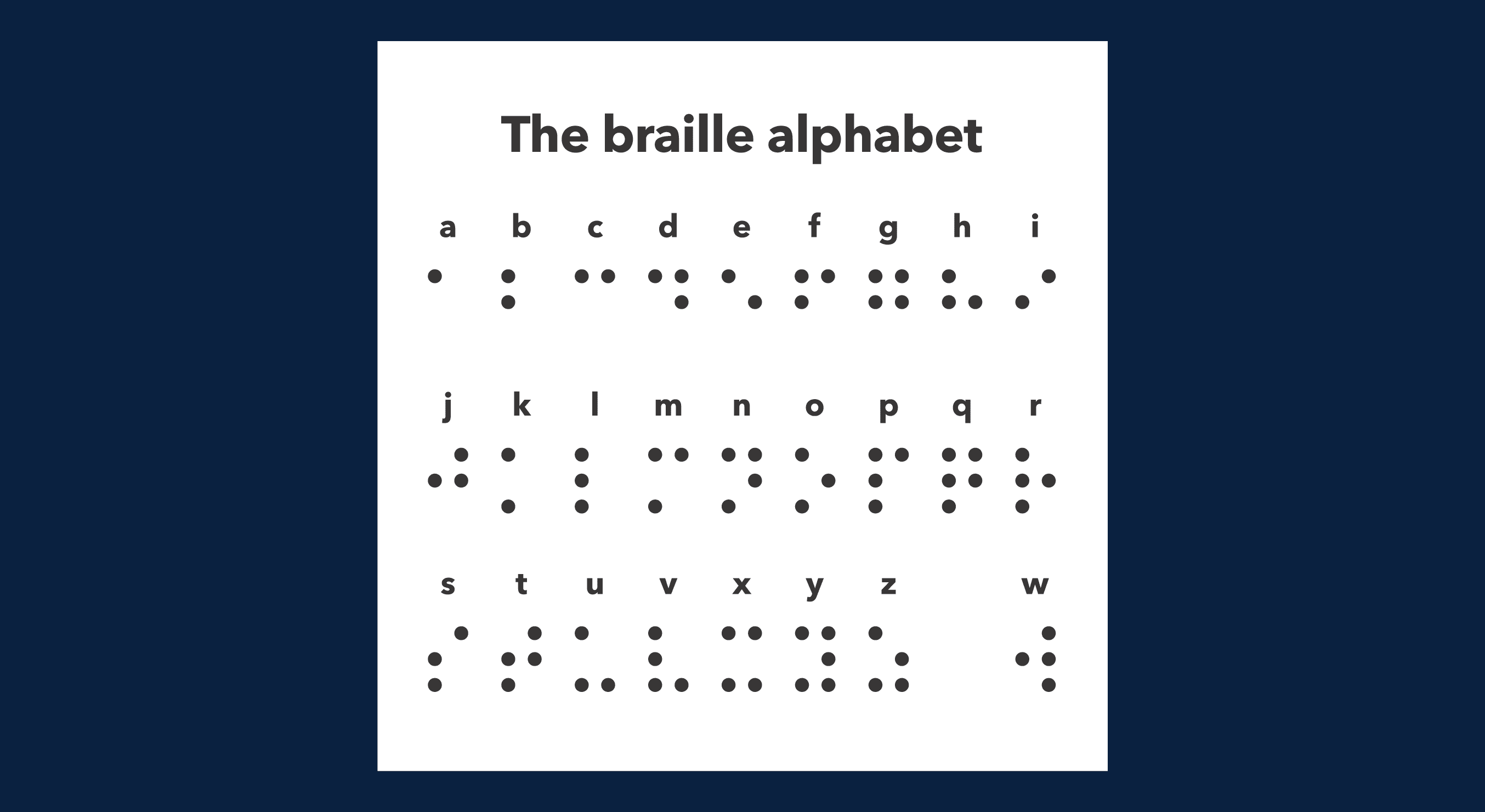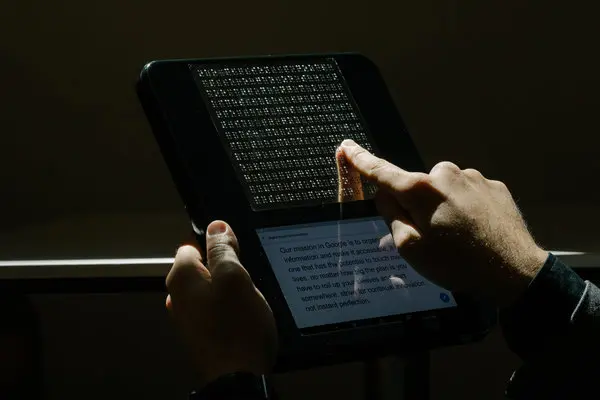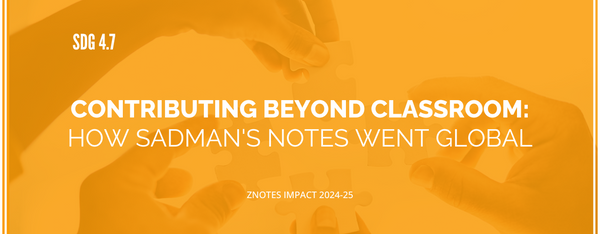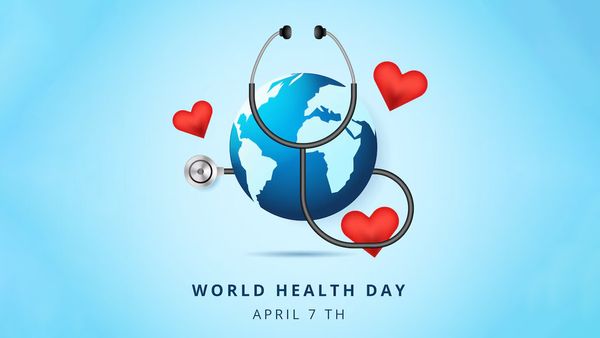World Braille Day: Empowering the Visually Impaired
Every year on January 4th, the world observes World Braille Day as a means to honour Louis Braille, the man who created the Braille code, which completely changed how blind and visually impaired people could access printed materials. This significant day highlights the value of Braille in promoting literacy, self-sufficiency, and inclusion for the community of people with visual impairments.
The Braille system was created in 1824 as a way to read and write by French educator Louis Braille, who lost his sight at an early age. With the help of this tactile writing method, those suffering from visual impairments can interact with written text by touch through raised dots that represent letters, numbers, and even musical notation. In celebration of his brilliant contribution and to highlight the long-lasting influence of his innovation on millions of lives, World Braille Day was established.

The World Braille Day commemoration emphasises the inalienable right to autonomous education and accessible information for all citizens, a right that we at ZNotes continue to fight for and believe.
Furthermore, language barriers too are overcome with braille, enabling people all across the world to learn, communicate, and fully engage in society. It is also essential in educational environments, to enable those with visual challenges to succeed academically and pursue a variety of careers.
Technology has expanded the use and adaptability of Braille in the digital age. Braille notetakers, Braille embossers, and electronic Braille displays have increased the amount of ways that people with visual impairments can interact with information. Globally, groups and campaigns work to advance Braille literacy by arguing for its integration into regular schooling and highlighting its importance.

Notwithstanding, many obstacles do continue to exist, like the restricted accessibility requirements and the scarcity of Braille resources. On World Braille Day, therefore, governments, educators, and the general public are urged to prioritise and fund activities aimed at promoting Braille literacy. By doing this, we may help create a society in which people with visual impairments are treated beyond their disability, and as equals.
On this World Braille Day, therefore, let us once again pledge to work towards establishing an inclusive society in which all people, regardless of visual ability, have equal access to opportunities and knowledge. Louis Braille's legacy endures, serving as a constant reminder that empathy and creativity can dismantle obstacles and enable people to realise their greatest potential.




